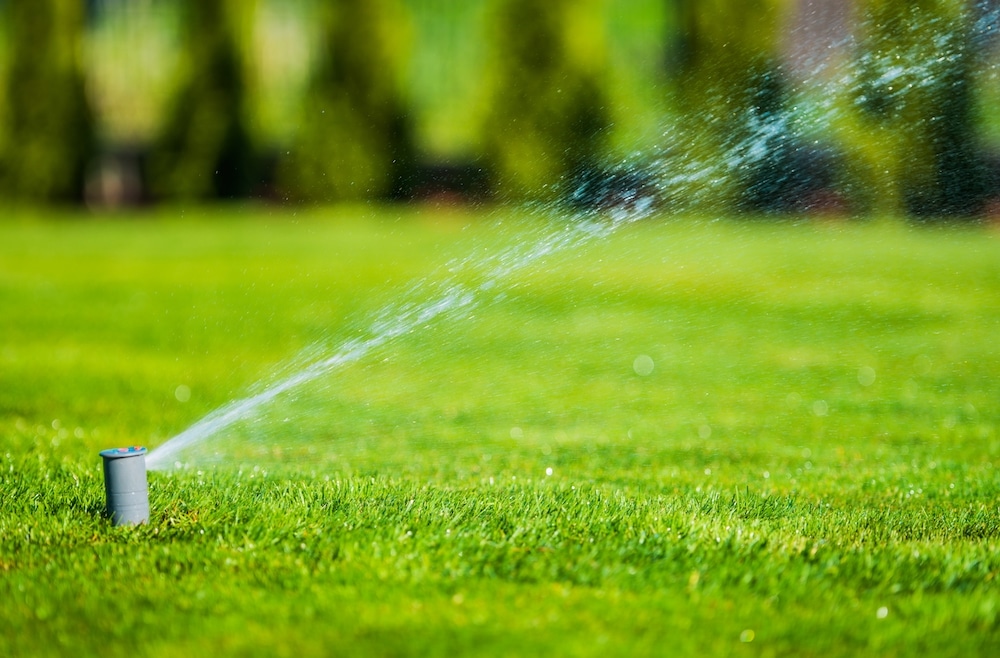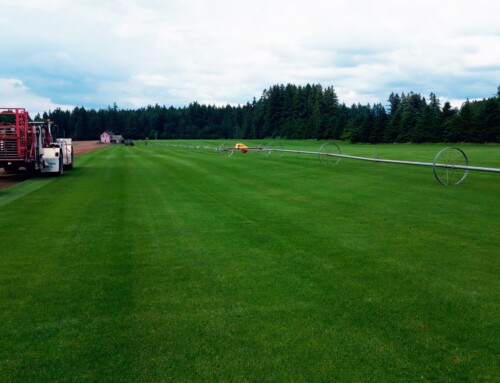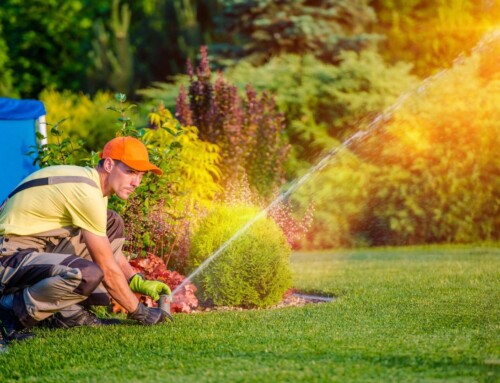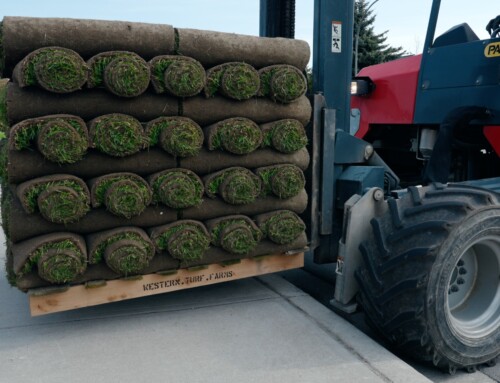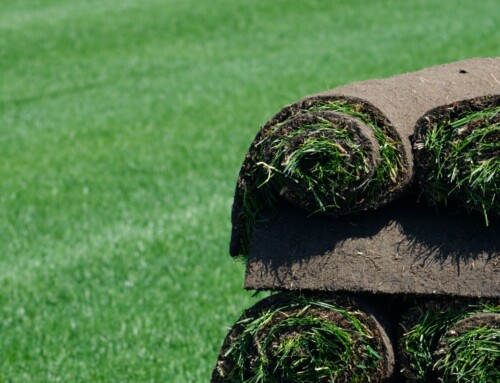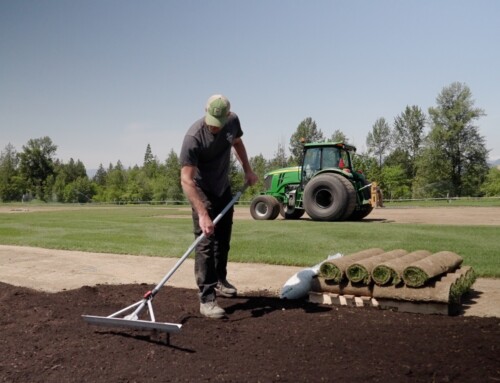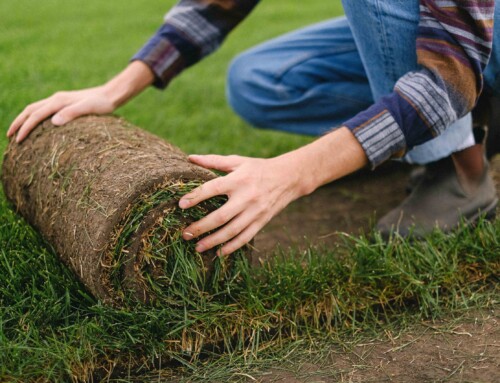Should you water your lawn in Winter? Now that shorter days are upon us and the nights are getting colder, it’s time to plan for winter. One of the more common questions at this time of year relates to the watering of lawns. It’s clear that watering lawns during the hot days of summer is important, but what about cold, overcast winter days?
The short answer is that yes, watering your lawn in winter can have significant benefits. There will be times, however, that watering your lawn will not be advisable. This included new lawn or recently installed turf. Keep reading to learn more.
Why You Should Water Your Lawn in Winter
Many will assume that watering grass is unnecessary in the winter months. The falling temperature causes grass to go dormant and require much less water. But while the need for water is greatly reduced, it is still present, as your lawn will need to remain hydrated over the colder months of winter. Failing to do so could result in the roots drying up and potentially even dying. This may not be immediately apparent, with the grass continuing to look normal above ground. It is only when faced with the stresses of warmer weather that the weakened grass could die.
Watering your lawn in the winter can allow grass sprouts that haven’t yet established their root systems to survive and can help your lawn to come back to life greener and fuller when the warm weather returns in the spring. Further, you can protect your lawn from frost damage by watering it before the cold temperature hits. This is because water retains heat better than plant tissue. As a result, hydrated grass is better able to resist the cold.
When You Should Avoid Watering Your Lawn
Of course, there are some limits to when you should water the lawn. Once the temperature dips below 40℉ (4℃), it is too cold for watering. To do so at this temperature may result in freezing that will damage or kill your plants.
Starting in mid-November and continuing through mid-March, you can give your grass about half of the water it receives in summer, though be sure to account for precipitation to avoid over-watering. If a freeze is anticipated, avoid watering less than 24 hours before the freeze arrives to allow the water to absorb into the soil, where it can act as an insulator to keep the roots and topsoil from freezing. Watering less than 24 hours before the freeze can have the opposite effect, killing your grass.
It is also a good idea to do your watering in the morning to preserve the health of your lawn. This gives water the time it needs to soak into the soil long before the colder temperatures at night. This also gives the water on the grass blades time to evaporate, reducing the chance of fungal growth.
Although it might not seem obvious that you should continue to water your lawn in winter, it is an important step to take for your lawn to continue to thrive. It’s understandable to be concerned about freezing and potentially killing your grass, but if done correctly, watering your lawn in winter can actually have the opposite effect, keeping the roots safe so that you can enjoy a healthier lawn when spring arrives.
We hope this info has helped you answer the question: “Should You Water Your Lawn in Winter?” or not.
At Western Turf Farms, we can lay new sod through the fall when conditions are right – and that turf will grow well if it is watered and nourished correctly. We are happy to give you all of the guidelines you need to ensure you have a healthy lawn for decades to come.

